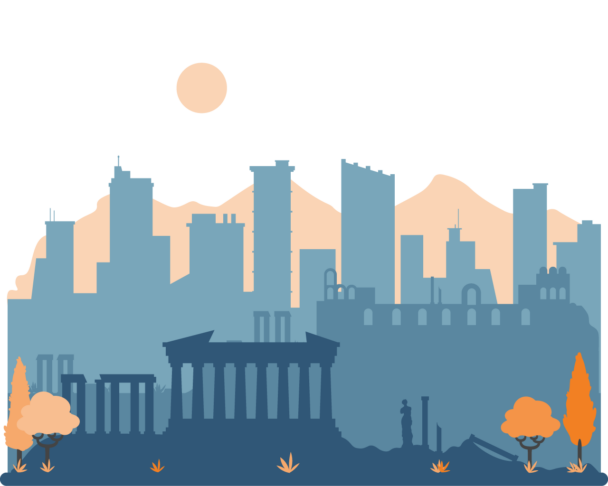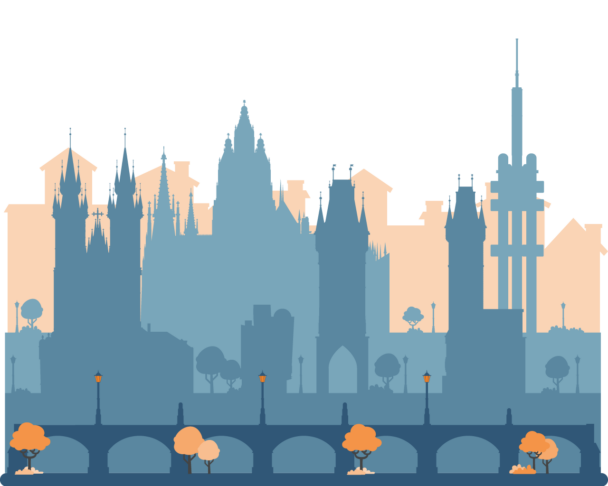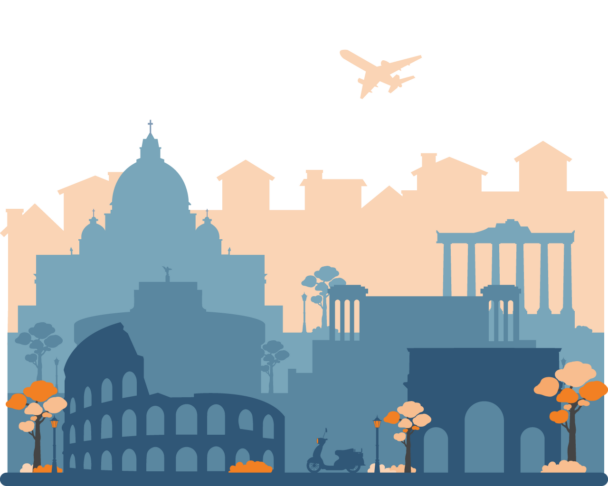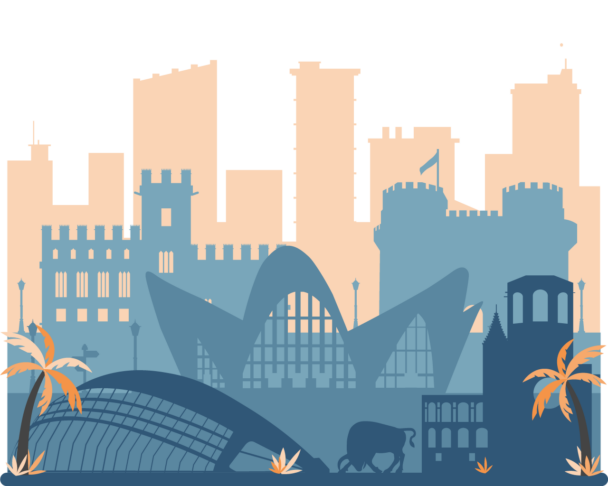Description
Basic Computer Proficiency required. Read more »
Basic computer proficiency courses are designed for individuals who have limited experience with technology. Participants will learn fundamental skills such as navigating the web, and using basic programs.
European Education increasingly asks school teachers to raise awareness of the core values of the UN’s 2030 Agenda for Sustainable Development: sustainability, interculturality, and global citizenship.
Integrating them in the classroom, however, is both significant and challenging as teachers might encounter a variety of difficulties. They might have limited awareness of the global goals, and they might wonder how to introduce them in their curricular subject while keeping the students engaged with the main themes dealt with.
Luckily enough, the global goals refer to authentic content and easily engage students once they are properly introduced. This is especially true if one effectively uses digital technologies to enhance students’ learning and competencies. Furthermore, knowing about global goals is not hard after one week of classes on them!
The course will explain how to effectively introduce a selection of global goals from the UN’s 2030 Agenda for Sustainable Development in the classroom with the support of digital technologies. In addition, participants will discover a selection of quality ICT tools they can use to improve any teaching activity.
After a general overview, each day of the course will focus on a different global goal (Quality Education, Reduced Inequalities, and Climate Action) that will serve as a prompt to practice different ICT tools and a variety of teaching methodologies for student-centered and collaborative learning in a digitally enhanced environment.
Participants will gain expertise with ICT-enhanced activities and collaborative tasks. Working in pairs or small groups, they will plan and implement didactic projects and activities to have ready-to-use material prepared for them by the end of the course.
Cooperating, and working in learning by-doing mode will also enhance the participant’s ability to select the most convenient and effective tool to adapt resources or create new ones, raising awareness about Global Goals in the classroom.
By the end of this course, the participants will have enhanced their planning skills in selecting the most suitable ICT tool(s) to create or adapt activities and resources, actively engaging students in their learning process.
Moreover, they will have increased their bank of resources on the Agenda 2030 with materials created from scratch or adapted from valuable and inspiring websites.
What is included
Learning outcomes
The course will help the participants to:
- Identify the main features of Agenda 2030 and its goals;
- Explore digital tools to create materials (slides, screencasts, infographics…), interactive activities (quizzes, surveys), and to collect and share ideas (digital notice boards, asynchronous conversations)
- Use selected ICT tools to create interactive activities to make the lesson flow more interactive while teaching Agenda 2030;
- Embed a selection of Global Goals into their lessons using the chosen ICT tools;
- Digitally enhancing cooperation amongst learners while raising awareness of the Goals;
- Adapt Global Goal-related ready-made lessons or materials to their classes using the selected tools;
- Design Learning Unit on Global Goals by working in groups and using selected ICT tools.
Tentative schedule
Day 1 – Getting familiar with tech tools and the Agenda 2030
- Introduction to the course, the school, and the external week activities;
- Icebreaker activities;
- Presentations of the participants’ schools;
- Setting and sharing the personal & professional goal checklist;
- ICT tools in education: sharing participants’ background and evaluating needs;
- Introduction to the 5 themes of the Global Goals (people, planet, prosperity, peace, partnership).
Day 2 – Quality education (Global Goal 4): ICT tools to create materials
- Exploring ICT tools to create materials (slides, screencasts, infographics…) for your lesson flow;
- Selected digital resources to respond to the educational crisis;
- Adapting the selected or created resources to make them suitable and inclusive for your learners;
- Workshop: creating a digital product (infographic/slides/screencast) on Quality Education.
Day 3 – Climate Action (Global Goal 13): ICT tools to collect and share ideas
- Tools to launch and monitor group problem-solving in the classroom (digital notice boards, brainstorming spaces)
- Selecting digital ready-made resources and adjusting them;
- Digital Exit tickets and assessment for learning ideas;
- Workshop: Planning Your Global Goal Module.
Day 4 – Reduced inequalities (Global Goal 10): ICT tools to interact and raise awareness
- Tools for synchronous and asynchronous interaction (surveys and quizzes)
- Creating a Global Goal quiz to tackle inequalities in a chosen context;
- Ideas for multiple-outcome Agenda 2030 projects;
- Workshop: Launching a multi-subject project on a Global Goal (i.e. How to reduce the class Carbon Footprint?).
Day 5 – Assembling and sharing the created Global Goal Modules
- Ideas to wrap up Global Goals using digital whiteboards;
- Creating an infographic/digital document to rank our ICT favorites;
- Completing and sharing group projects.
Day 6 – Course closure and cultural activities
- Course evaluation: round-up of acquired competencies, feedback, and discussion;
- Awarding of the course Certificate of Attendance;
- Excursion and other external cultural activities.







